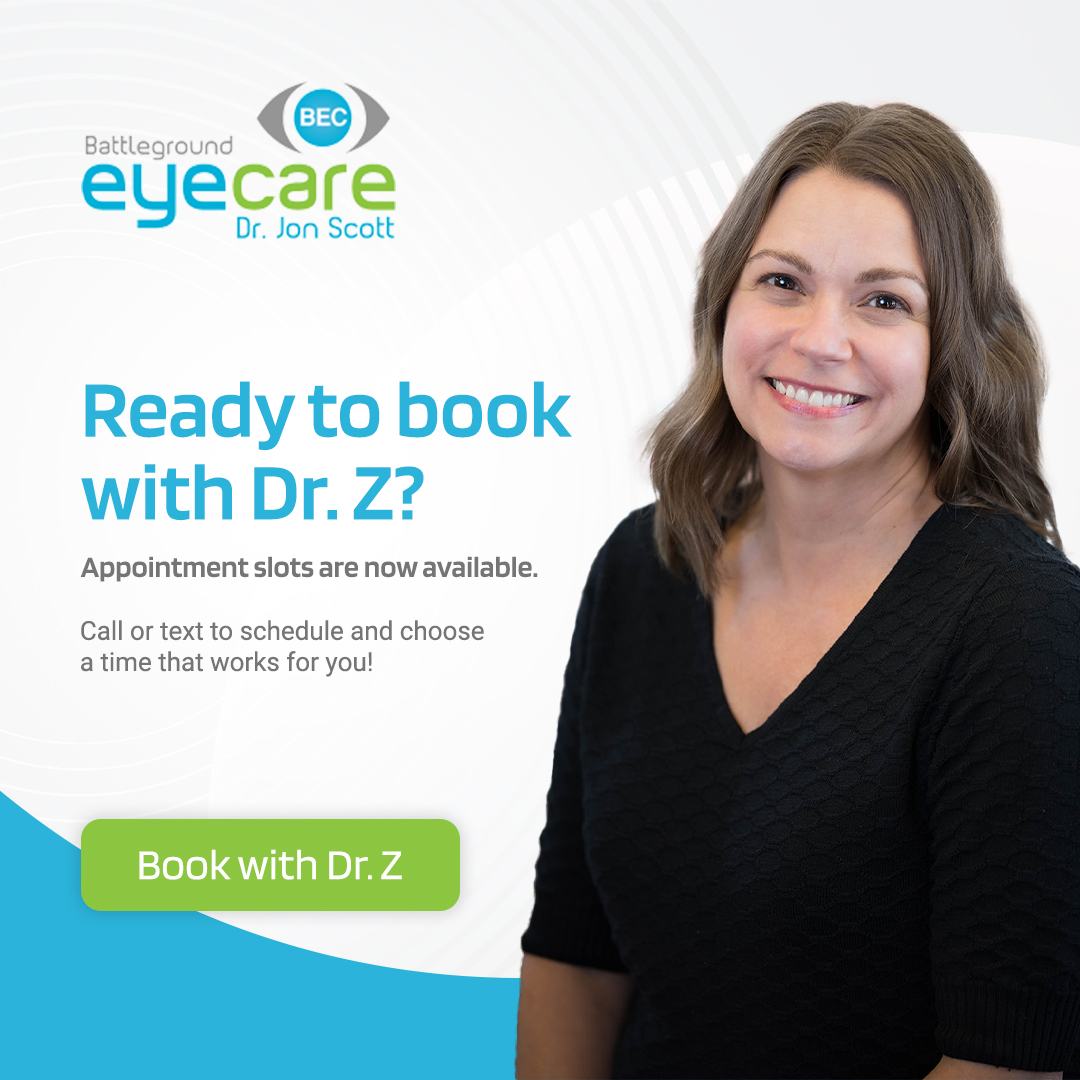
Vision correction is a crucial aspect of maintaining good eye health and overall well-being. Eyeglasses are one of the most common solutions for correcting refractive errors, such as nearsightedness (myopia), farsightedness (hyperopia), and astigmatism. As your visual needs and eye health change over time, it's essential to understand the factors that determine how often you may need a new eyeglasses prescription.
Signs That You May Need a New Eyeglasses Prescription
There are several signs that may indicate the need for a new eyeglasses prescription, including:
- Frequent headaches or eye strain
- Blurred or distorted vision, especially when reading or using digital screens
- Difficulty seeing clearly at a distance or up close
- Increased sensitivity to glare or light
- Noticeable changes in your ability to perform daily tasks that require clear vision
If you experience any of these symptoms, it's important to schedule an appointment with your eye care professional for a comprehensive eye examination.
Age-Related Changes in Vision
Your vision is not static; it evolves as you age. Certain age-related changes can affect your visual acuity and the way your eyes function. For example, as you reach your 40s and 50s, you may experience presbyopia, a condition where the lens inside your eye becomes less flexible, making it harder to focus on close-up objects. This often results in the need for reading glasses or bifocals. Additionally, as you grow older, you may develop other age-related eye conditions, such as cataracts or macular degeneration, which can also impact your vision and require updates to your eyeglasses prescription.
Changes in Lifestyle and Visual Demands
Your lifestyle and the way you use your eyes on a daily basis can also influence the frequency with which you need a new eyeglasses prescription. For instance, if your job or hobbies involve extensive computer use, reading, or other close-up work, the strain on your eyes may increase, leading to changes in your visual needs. Similarly, if you engage in activities that require more distance vision, such as driving or sports, your prescription may need to be adjusted to accommodate these new visual demands.
Medical Conditions that Affect Vision
Certain medical conditions can also impact your vision and the need for a new eyeglasses prescription. Conditions like diabetes, thyroid disorders, and neurological problems can cause changes in your visual acuity or eye function. In these cases, it's crucial to work closely with your eye doctor to monitor your vision and adjust your prescription as needed.
The Importance of Regular Eye Exams
Regular eye exams are essential for maintaining good vision and ensuring that your eyeglasses prescription is up-to-date. During these appointments, your optometrist will assess your visual acuity, check for any changes in your prescription, and screen for potential eye health issues. Depending on your age, overall health, and other factors, the recommended frequency for eye exams may vary, but most experts suggest getting a comprehensive eye exam at least once every one to two years.
Schedule Your Comprehensive Eye Exam with Battleground Eye Care Today
Your vision is a precious asset, and taking care of it should be a priority. By understanding the factors that determine how often you need a new eyeglasses prescription, you can proactively manage your eye health and ensure that your vision remains clear and comfortable. Remember to schedule regular eye exams, communicate any changes in your vision or lifestyle with your eye care professional, and be diligent in addressing any vision-related concerns. By doing so, you can maintain optimal visual function and enjoy the world around you to the fullest.
To schedule your next eye exam and ensure your vision is up-to-date, contact Battleground Eye Care. Dr. Scott is dedicated to providing personalized care and helping you maintain the best possible vision. Visit our office in Greensboro, North Carolina, or call (336) 564-6800 to schedule an appointment today.







